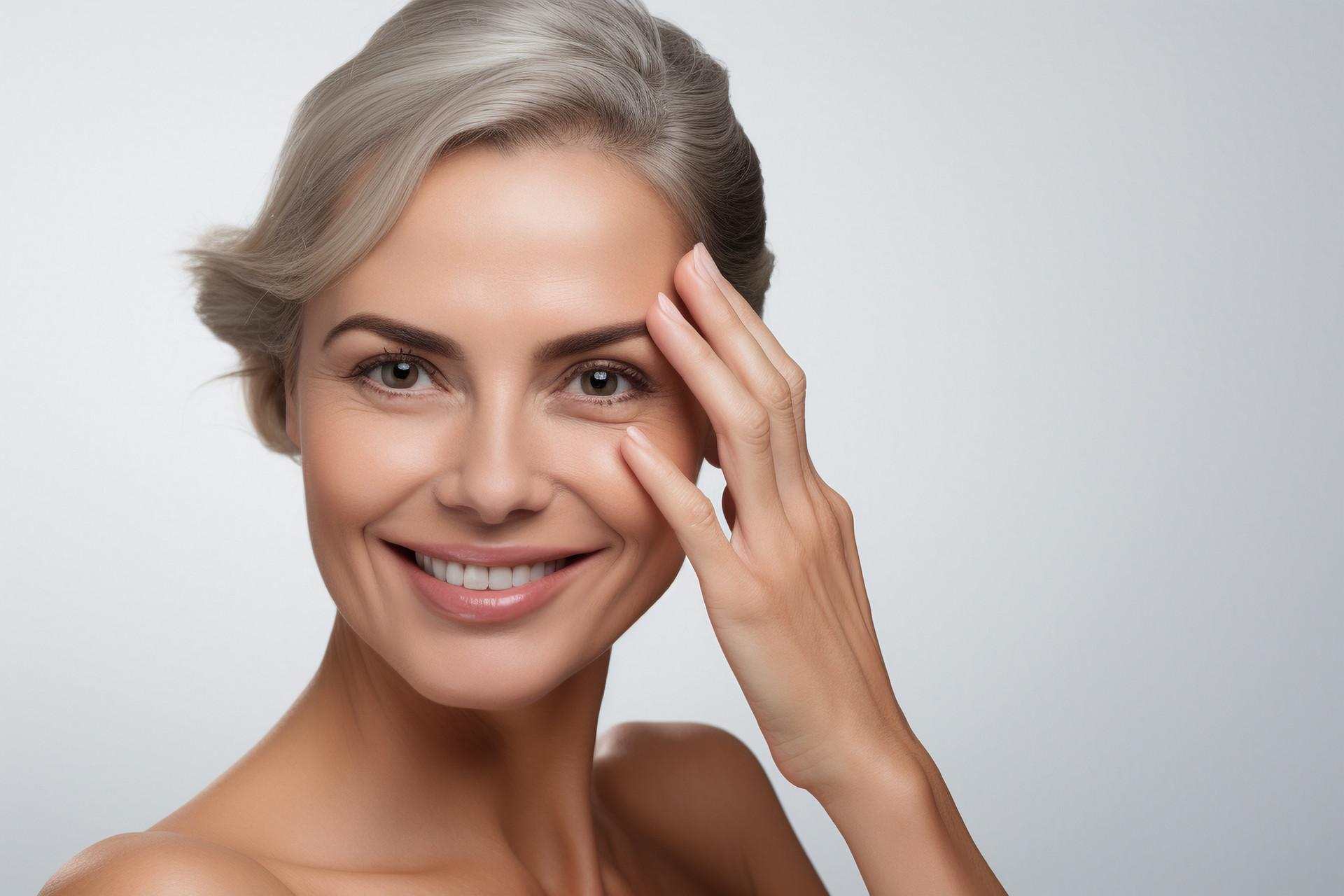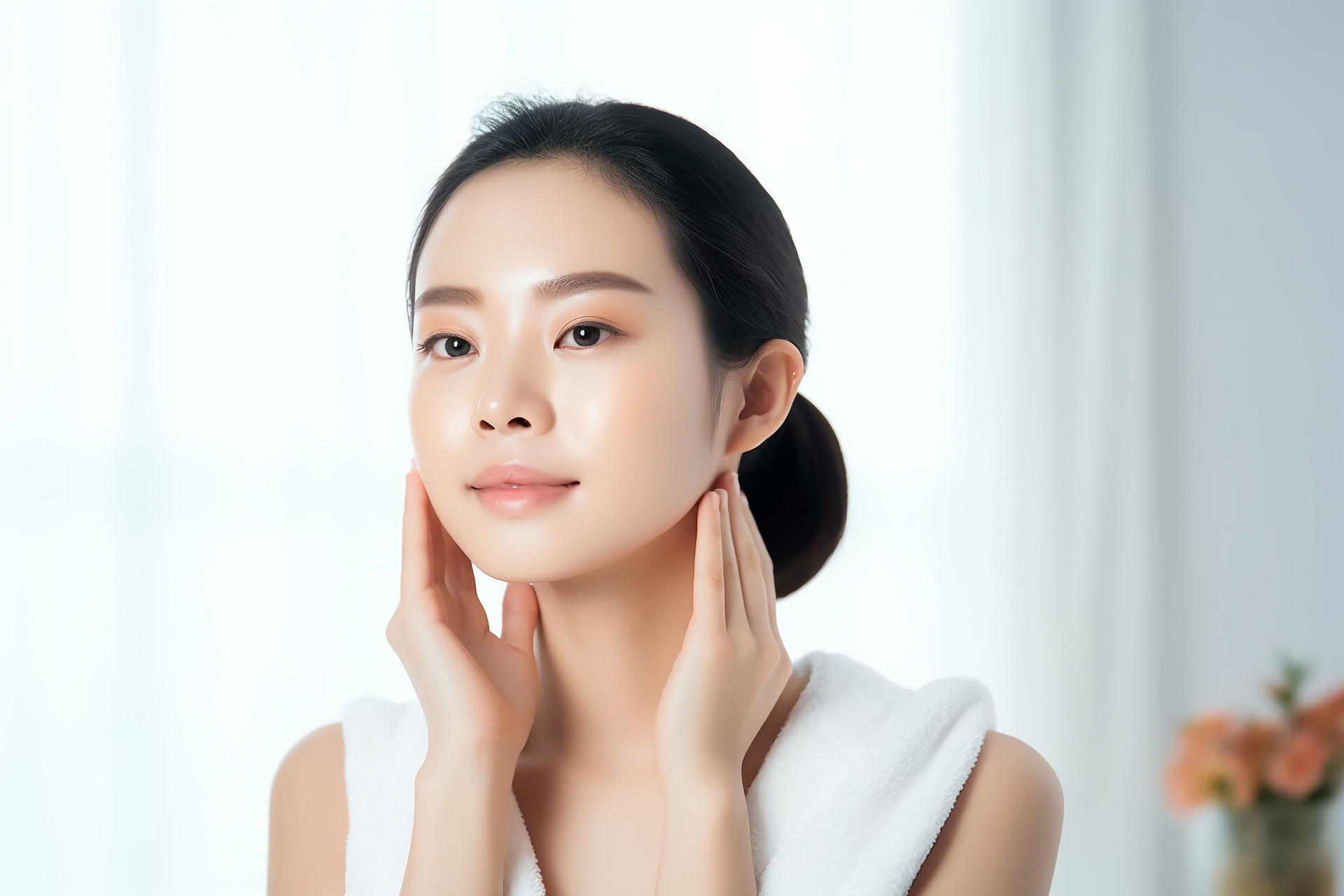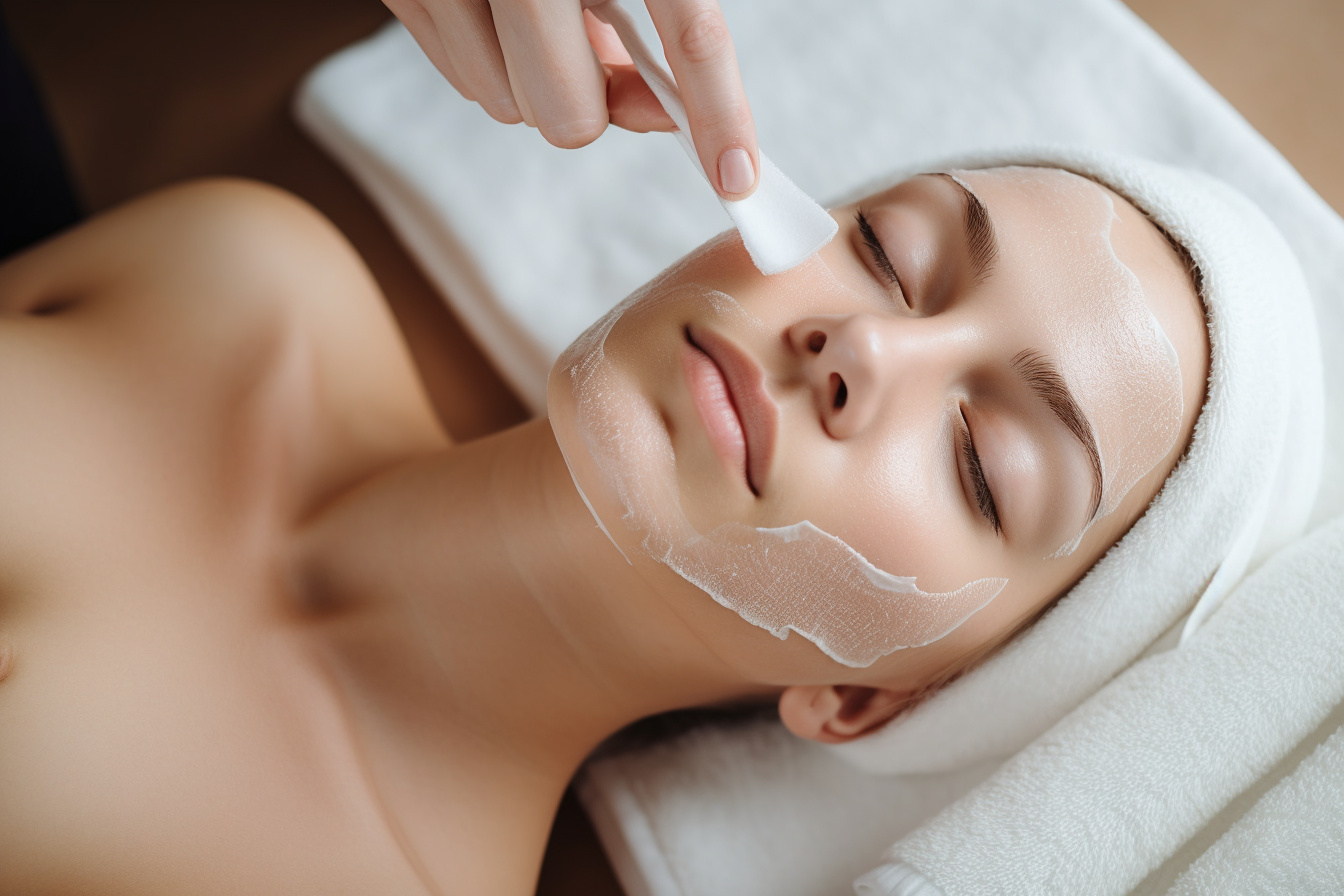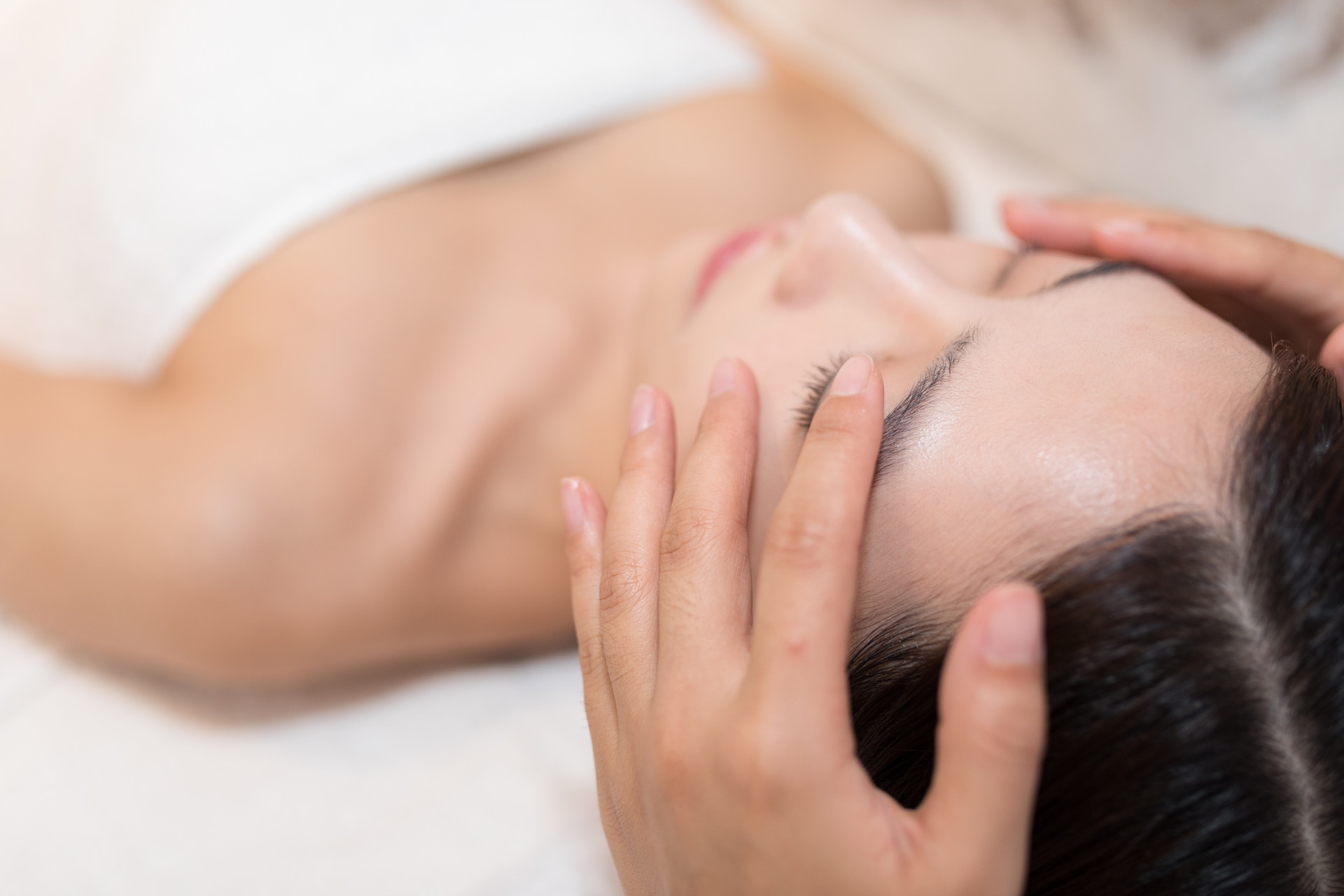
If you have pimples on your face or even on your chest and back, and you suspect it is acne, what should you do? We recommend that you first seek medical advice from a specialist to determine if it is indeed acne. Do not listen to unqualified individuals and use medications, health products, cosmetics, or similar items without proper guidance.
Acne has various manifestations, with different forms of skin rashes and varying severity. There are many skin conditions that can resemble acne. What may seem like acne to a layperson could often be another skin disorder. It is common for people to mistakenly treat acne as dermatitis or other conditions, leading to worsened symptoms and subsequently seeking medical help. These situations are not uncommon in clinical practice.
Once a doctor diagnoses you with acne, what should you do next? There are often two different attitudes towards acne: some believe that acne is a normal physiological phenomenon in young people and will naturally improve after adolescence, so treatment is unnecessary; others overly emphasize acne and even minor outbreaks can cause sleepless nights and interfere with normal work and study. Both of these approaches are not advisable.
Acne not only affects a patient's appearance but also their health, including their psychological well-being. It has direct effects on the skin, ranging from various skin lesions to severe pustules, nodules, cysts, and even abscesses. Scarring can occur after healing, and in extreme cases, it can cause systemic symptoms. Since acne mostly appears on the face, it directly affects a patient's appearance, leading to indirect consequences in socializing, choosing a partner, finding employment, or performing job-related tasks. These setbacks can seriously damage the self-confidence of acne sufferers and cause significant harm to their physical and mental health. Therefore, the impact of acne on patients goes beyond normal physiological boundaries. It should be treated as a disease and taken seriously. On the other hand, since acne is a disease, it should be approached with a scientific and healthy mindset, following the guidance of medical professionals and actively managing and treating it without excessive worry.
It should be noted that acne treatment is not limited to medication. Seeking medical help does not necessarily mean being prescribed medication, injections, or changing medication. Treatment encompasses a wide range of approaches. Even if a doctor does not prescribe specific medication, they will definitely advise you on what to observe, be aware of, and when and under what circumstances to follow up. All of these are part of the treatment process. For mild cases, such as a few pimples or papules, doctors generally do not prescribe medication. They will only advise you on what to pay attention to in your daily life. For moderate to severe cases, a combination of oral medications, topical medications, traditional Chinese medicine, and Western medicine may be necessary, along with various adjustments and recommendations in lifestyle and psychology. Patients should adhere to the doctor's instructions and not give up halfway.
What are the basic principles of treating acne? Here are a few key principles:
1. The principle of eliminating or targeting the causes of the disease.
As mentioned earlier, acne can be classified into three main categories: endogenous acne, exogenous acne, and acneiform eruptions caused by medications. For endogenous acne, the focus is on treating the elevated levels of androgens, abnormal keratinization of hair follicle sebaceous ducts, Propionibacterium acnes, and inflammation. The treatment of exogenous acne first requires the removal of various exogenous causative factors. Without eliminating these factors, it is difficult to achieve good treatment results. The key to treating acneiform eruptions is to discontinue the use of causative medications.
2. The principle of selecting different treatment methods based on the severity of the condition.
Acne can range in severity, from a few minor lesions to more extensive outbreaks. For mild cases, treatment may only require the use of topical medication or even psychological treatment and dietary adjustments. For slightly more severe cases, combination therapy involving both topical and oral medications may be needed. For more severe cases, two or more oral medications or treatment methods may be required.
3. The principle of combining traditional Chinese and Western medicine.
Traditional Chinese medicine has a long history and rich experience in treating acne, proving to be effective in clinical practice. For more severe acne that requires long-term treatment, long-term use of Western medicine, especially antibiotics, hormones, and retinoids, can cause a series of side effects. However, if combined with oral traditional Chinese medicine, the dosage or duration of these medications can be reduced, or using only traditional Chinese medicine for internal use with Western medicine for external use can achieve better therapeutic effects. Therefore, we should adhere to the principle of integrating traditional Chinese and Western medicine in the treatment of acne.
4. The principle of combining medication, psychological treatment, and lifestyle adjustments.
Acne is related to psychological factors, and acne sufferers often experience feelings of inferiority or even develop depression. This requires doctors to provide psychological treatment alongside medication. They should explain the causes and risks of acne, not exaggerate the condition, and help patients build confidence in overcoming the disease. At the same time, patients should be advised to pay attention to lifestyle adjustments, such as avoiding excessive fatigue and stress, maintaining a regular routine, maintaining a positive mood, having a balanced diet, and avoiding squeezing lesions.






